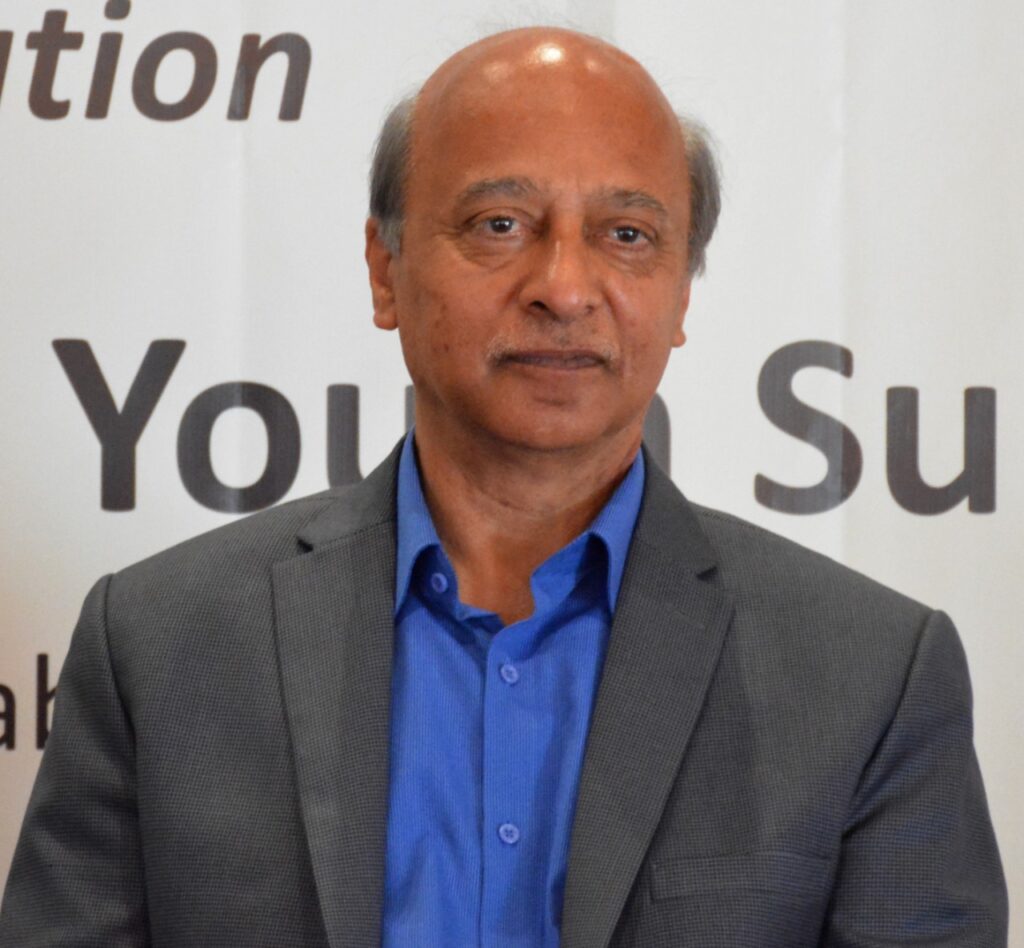Imtiaz Gul

The cat is out of the bag. Almost the entire old guard of Taliban is now in the saddle as “acting ministers.”
The promise of an “inclusive, broad-based government” has – as of now – vanished in thin air. Hopes that the Taliban would honor their commitment to Afghans and the international community turned out to be elusive.

The pre-dominantly Pashtoon government as well as three non-Pashtoon is quite a rebuke to all and sundry.
Given Afghanistan’s chequered history of internal wars rooted in disunity and ethnic strife, the new cabinet should not surprise any one. Taliban insiders say the interlude between August 15 – when Taliban marched into Kabul as victors, and September 8, when they unveiled their government, involved intense negotiations with other stakeholders such as former President Hamid Karzai, CEO Dr. Abdullah Abdullah, Gulbadin Hekmetyar and Ahmed Masood, the son of Ahmed Shah Masood.
All of them, say those involved in the negotiations, wanted a bigger piece of the pie i.e. multiple posts – ministries and governorships – for their respective groups. Minimum ministries asked for were three, while one of the stakeholders demanded 9 governorships.
Ahmed Masood, after mounting the short-lived Panjshir resistance, came up with the strangest of demands; three northern provinces, without any control or interference by Kabul or Kandahar. This implied carving out a Northern Afghan Republic comprising at least three provinces
This literally meant Masood was not really inclined to give up armed resistance and placed a demand on Taliban interlocutors that NO – NO – Afghan would ever concede. Even in the worst conditions in the 1990s no Afghan would have thought of dividing their country along ethnic lines.
Now, regardless of what motivated the selection of the entire old guard, two major challenges are facing the Taliban and the new government.
The international challenge is the issue of recognition by the US and its allies in the presence of Sirajuddin Haqqani, the home minister, who in the documents of the American FBI is a pro-AL-QAEDA wanted terrorist carrying a $ 5 million head money.
The overbearing domestic challenge is making themselves acceptable to the majority of the population of Afghanistan. Until the Taliban accord important positions with authority to non-Taliban stakeholders, it will be difficult for them to effectively rule, keep every body on board and neutralize opposition. This will represent a dilemma for their traditional supporters too i.e immediate neighbors Iran, Pakistan, China, Central Asian republics + Russia), and Turkey.
Have they included Haqqani and many other controversial figures to use it as a bargaining chip for recognition? The US and the UN continue to treat Taliban as a terrorist entity. Even During the talks with the US they couldn’t get off the hook. Will they be able to have the terrorist tag removed in return for removing ministers such as Haqqani?



